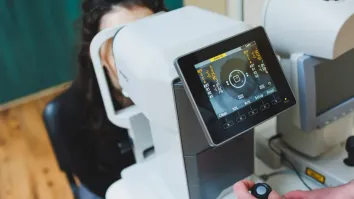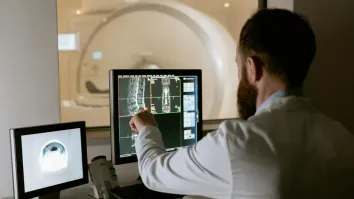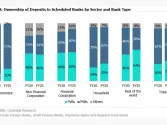
Breaking the stigma: What others can learn from Spain’s IVF journey
With up to 70% success rate, IVF is booming in the country.
SPAIN has emerged as a leader in the field of in vitro fertilisation (IVF), positioning itself as a one-stop destination for fertility treatments. From regulation to private investments, each member of the society had a role to play to advance the development of this industry in the country.
At the Healthcare Asia Summit 2024 in Singapore last 25 March, Sanath Kumar Balasubramanyam, a partner and SEA Healthcare lead at Kearney, said Spain went through a 20-year journey to be where it is now in terms of IVF.
During this period, it was able to grow the number of clinics from 99 to about 300 — all performing about 145,000 cycles annually.
Spain’s IVF success rate ranges from 60% to 70%, giving hope to individuals and couples facing fertility challenges.
Comparing this with developing countries, like Indonesia and the Philippines, there is less than one cycle for every thousand women. This treatment also contributes only 0.15% to the total fertility rate, Balasubramanyam noted.
To arrive where it is now, Spain had to work on five factors: acceptability, capability, affordability, regulation, and accessibility.
He said private investment also contributed to promoting the use of IVF in Spain.
IVF tourism
A country’s tourism sector can also gain if it is able to promote its IVF industry.
Balasubramanyam said that in Southeast Asia, closer to 120,000 cycles are being performed, which is being driven by Chinese tourists who travel outside their country for IVF treatment.
“Southeast Asia put together is as big as the US and the UK, so we can become a lot larger and a bigger hub not just for our local IVF treatment, but also for medical tourism,” Balasubramanyam said.
“That’s coming in from China, but also, increasingly so the acceptance for IVF is also going up in the Middle East as well,” he added.
Role of AI
Whilst going to a skilled medical professional helps increase the probability of success, physicians also say that technology can have a significant impact on IVF treatment.
One way technologies like artificial intelligence (AI) can be integrated in IVF treatment is through embryo selection, Balasubramanyam said.
This is currently being practised in Malaysia, he said. About 50% of the Malaysian clinics in the last eight months have started using some of this technology to figure out which the best embryo for highly successful implantation is, he said.
To further increase the probability of success, he said experts can also tap AI to minimise human error during the procedure.
“We need more IVF success stories to be out in the public and in the open, which essentially means that this is the support of the government, the professionals, the doctors, as well as the entire value chain,” Balasubramanyam said.
On top of these, the industry needs initiatives such as introducing more affordable drugs or education campaigns to make it more attractive for investors. “We need to clear the stigma associated with this in order for us to make this really work,” he said.



















 Advertise
Advertise






